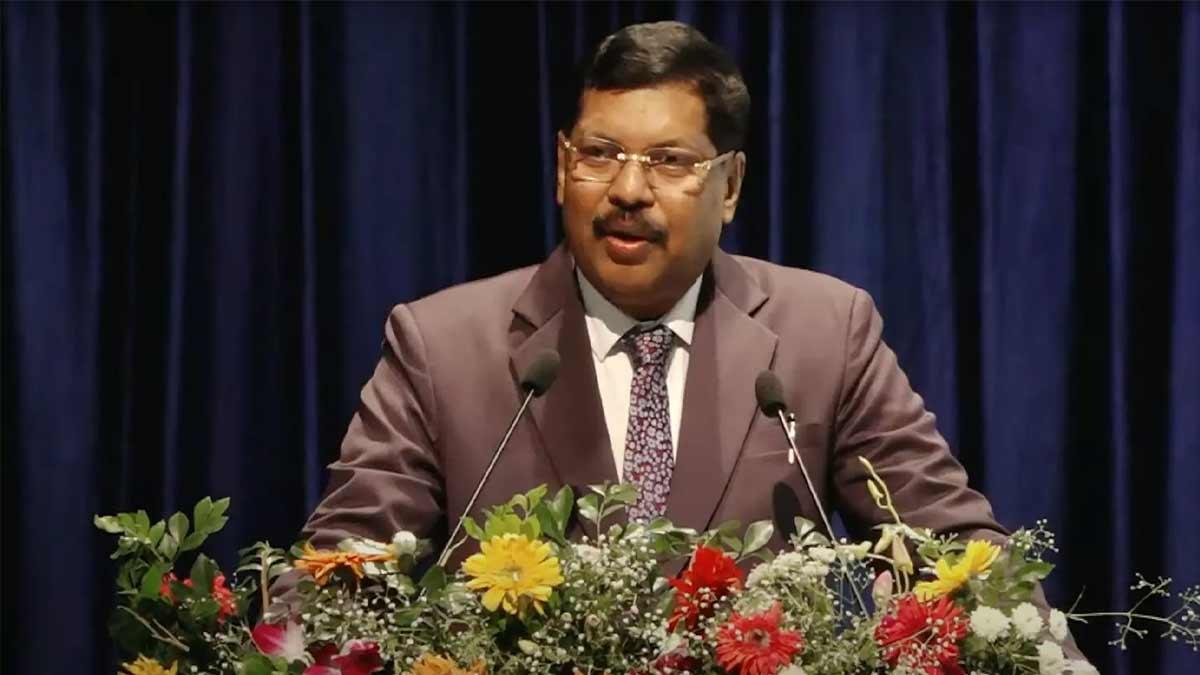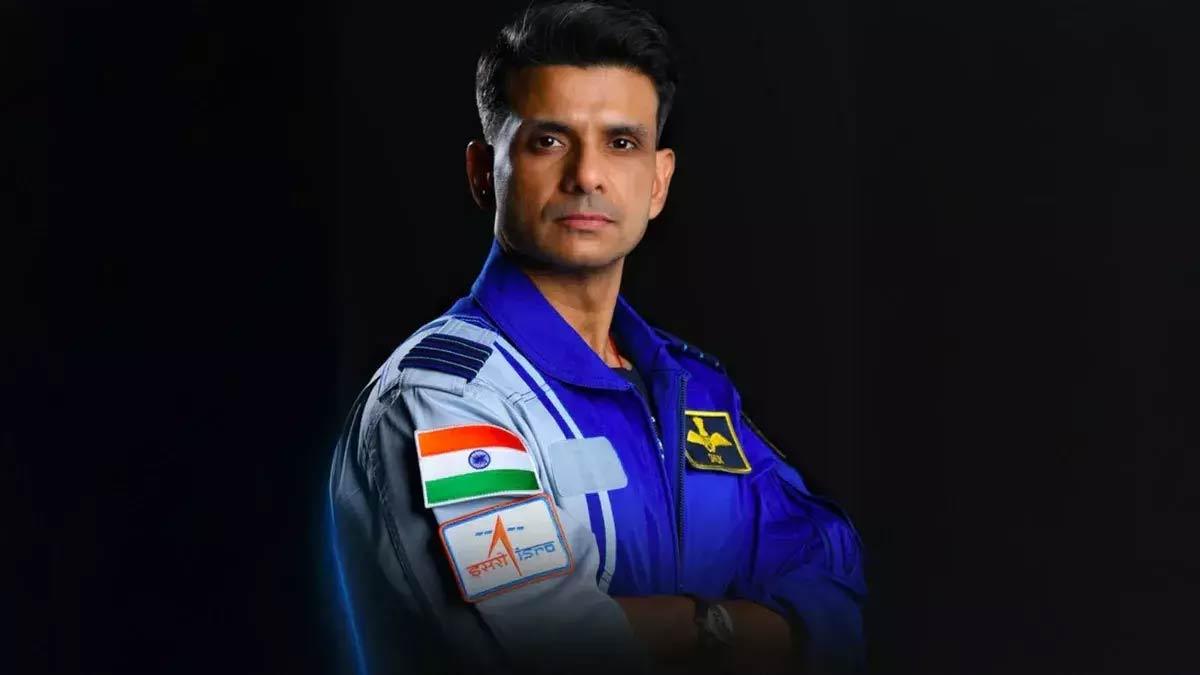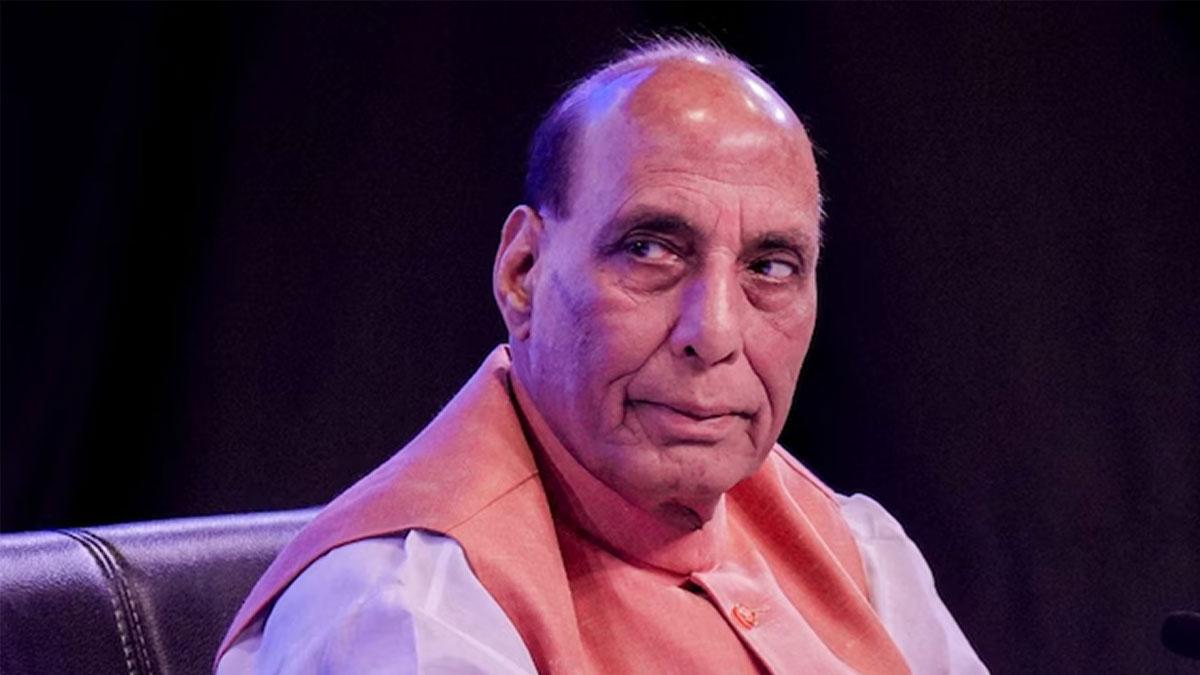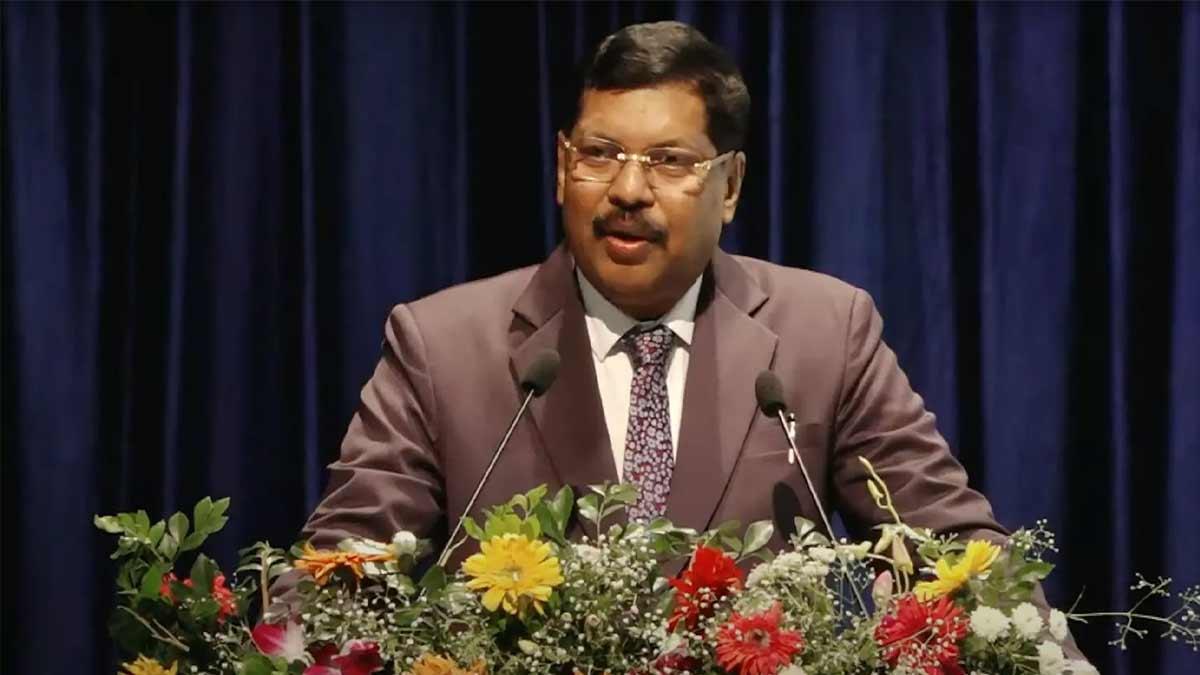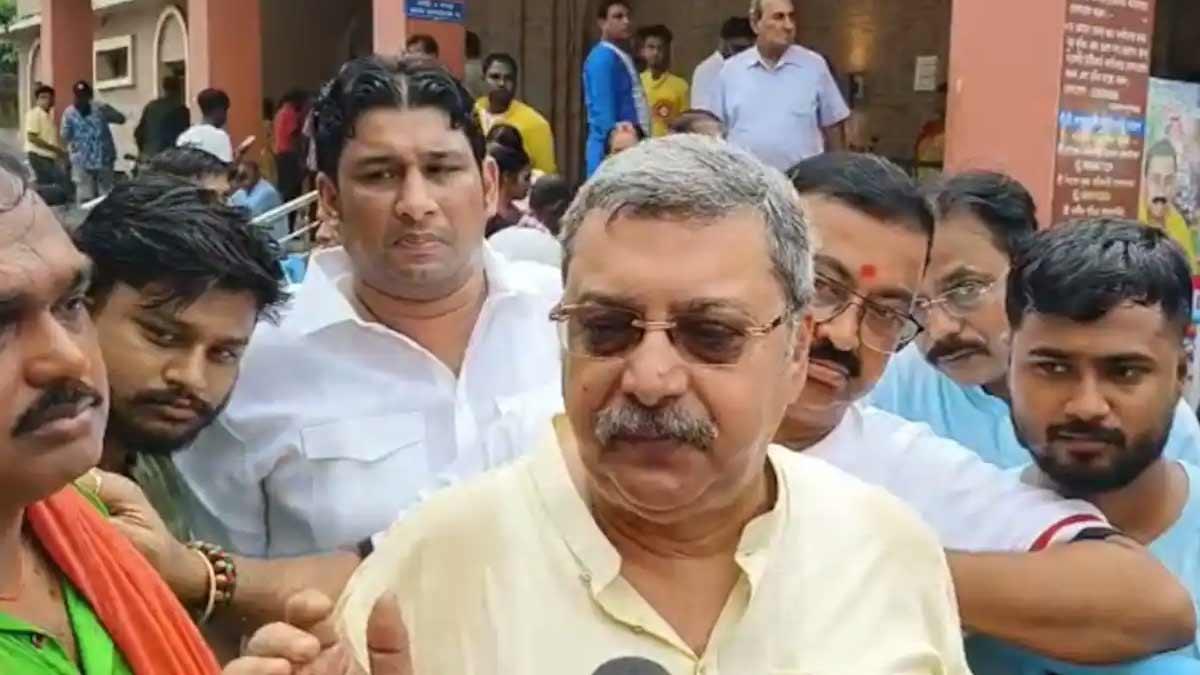Before being sworn in as the 52nd Chief Justice of India on May 14, Justice B.R. Gavai mourned deeply about the horrific tragedy in Pahalgam, pointing out that the Supreme Court cannot remain neutral when the country is mourning.
During an informal media interaction on Sunday, Justice Gavai, the son of former Bihar Governor R.S. Gavai, expressed his pride in being the first Buddhist to occupy the coveted position of Chief Justice of India. "My father converted to Buddhism along with Baba Saheb Ambedkar. I will be the first Buddhist to assume the position of Chief Justice," he stated.
Justice Gavai, who is a man of universal values, made clear his conviction in the oneness of all religions. "I go to temples, dargahs, Jain temples, and gurudwaras. I believe and respect all religions," he went on.
In reply to criticism of judicial overreach and from constitutional leaders, Justice Gavai remained firm, saying, "People may express opinions, but the Constitution is supreme. This was settled in the Kesavananda Bharati case by a 13-judge bench."
Referring to the current India-Pakistan war and the latest ceasefire agreement, he said, "War is never a solution." He referred to the current wars in Ukraine as examples and questioned the result of such wars. "What have we achieved through war? Nothing," he said.
Reminiscing over the horrific Pahalgam terror attack on April 22, Justice Gavai expressed his grief. He clarified that with the news of the incident having reached them from newspapers, actions were taken forthwith within the Supreme Court to pay tribute to the victims. "The Chief Justice was away at the time. After calling him, we decided to keep two minutes' silence for the victims," he added, stressing that the Supreme Court, being good citizens, could not help but be in touch when the country was in mourning.
In response to his post-retirement plans, Justice Gavai asserted that he did not have any desire to become a politician. "My father was a big political personality, having been the governor of several states, including Bihar. But I don't want to take that route. The politics during his time were different," he clarified. He also made it clear that he would not take any political position after retirement, even lower protocol positions compared to the Chief Justice. "Once you have been the CJI, you should not accept governorship as a post of retirement, because it is lower in protocol than the CJI," he also said.
Lastly, in matters of accountability and transparency within the judiciary, Justice Gavai proposed that judges of the High Courts also be mandated to file declarations of their assets, as is the case with their Supreme Court counterparts.
Read also| Watch| India's US Envoy Sets CNN Host Straight on Kashmir Comment
Read also| India at War with Terrorists, Says Ambassador to US Vinay Kwatra

